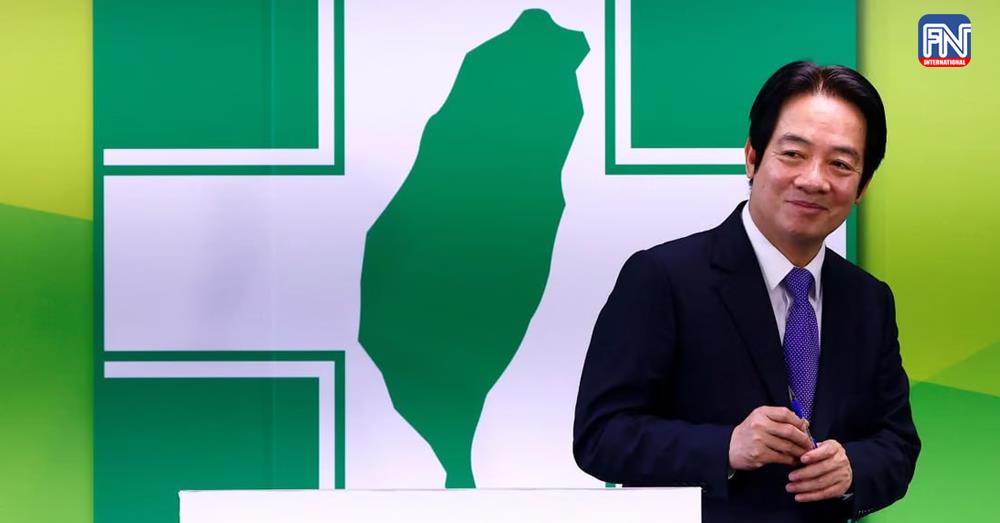TAIPEI, Aug 20 (AFP) - Taiwan's upcoming election is a choice between "democracy or autocracy", vice president and frontrunner candidate William Lai said in an interview aired the same weekend China launched military drills around the island.
For 24 hours from Saturday to Sunday early morning, Beijing sent in 45 warplane incursions -- 27 of which crossed the median line of the Taiwan Strait -- and nine vessels, according to Taiwan's defence ministry.
The drills came after Lai made two stopovers in the United States -- in New York en route to Paraguay and in San Francisco when returning to Taipei -- that enraged Beijing, which claims the self-ruled island as its own territory.
Lai said in an interview with a Taiwanese TV station done while he was in the United States that Taiwan cannot accept the "One China" principle.
"If we accept the 'One China' principle, we might get some short-term ease but when one day China changes its face, we don't have our sovereignty and the international community can't help us," Lai said in the interview that aired late Saturday.
"It would become a civil war and the international community could not help us, just like it's very hard for the international community to help Hong Kong and Macau," he said.
"Sovereignty matters the most."
He added that the election -- which will be held next January -- is "not a choice between peace and war".
"We can't order off a menu, choosing peace and then there's peace, choosing war and then there's war. That's not the case," he said.
"Instead we have the right to choose whether we want democracy or autocracy. This is the real choice we have to make in this election."
Lai is part of the ruling Democratic Progressive Party -- generally regarded as a more pro-Washington compared to the Kuomintang party.
He has been far more outspoken about independence than current President Tsai Ing-wen, who is also hated by Beijing because she refuses to accept the view that Taiwan is a part of China.
Like Tsai, Lai reiterated this position in the interview.
"My position is that Taiwan is not a part of the People's Republic of China," he said. "We are willing to link up with the international community and talk to (China) under the guarantee of security."
Beijing launched massive military exercises last year after Nancy Pelosi, then-speaker of the US House of Representatives, visited Taiwan, and again in April when Tsai transited through the United States.
In response to Saturday's drills, the US State Department in Washington urged Beijing "to cease its military, diplomatic and economic pressure against Taiwan and instead engage in meaningful dialogue with Taiwan".





